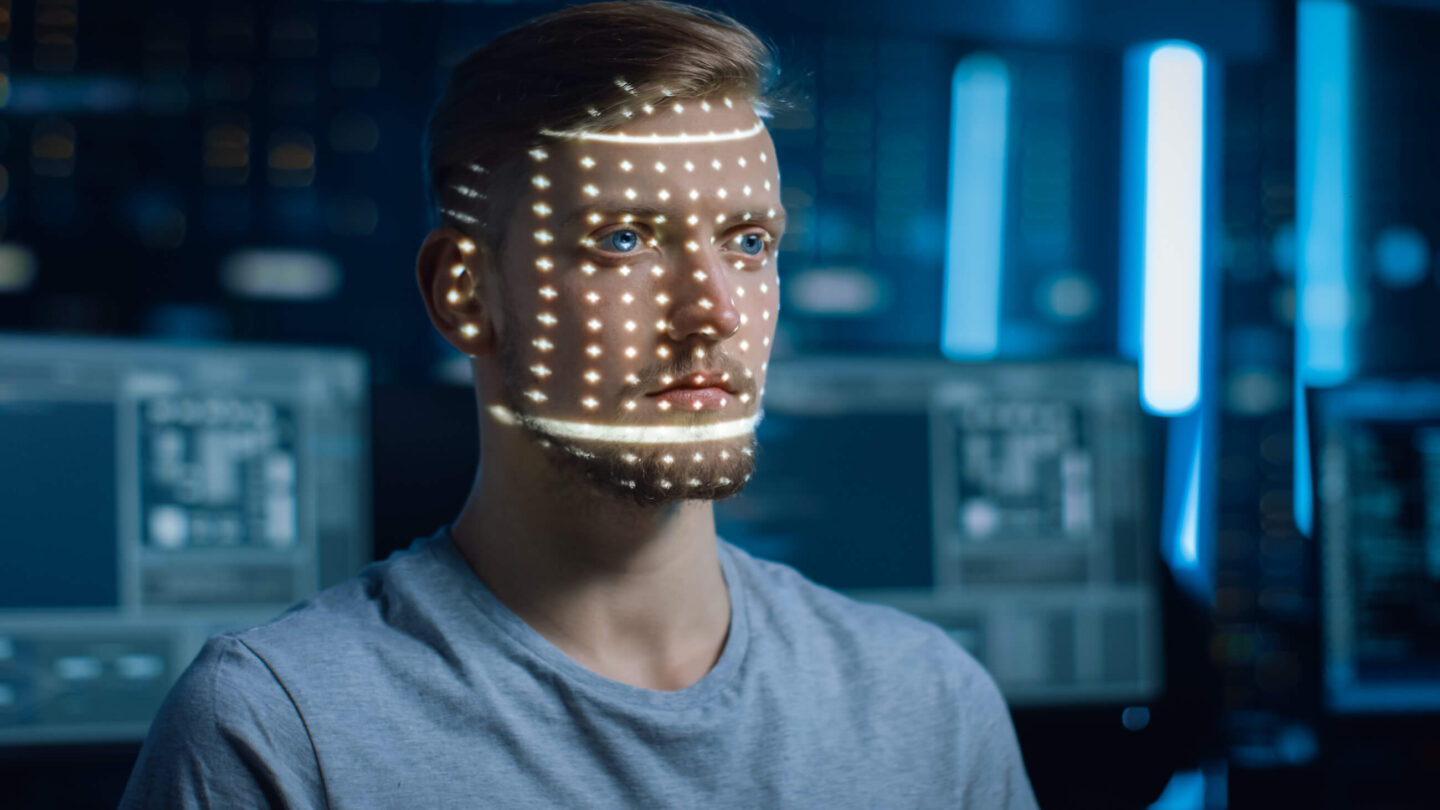Government, Public Sector & Healthcare
Source: European Commission - State 2023 synthesis report
Source: European Commission. - eGovernment Benchmark 2023
Source: European Commission - European Year of Skills 2023
Public sector bodies across Europe face multiple challenges. From a technology perspective, these include outdated legacy systems, delays to digital transformation projects and a widening digital divide. On a societal level they must also navigate ageing populations, an increased strain on healthcare provision and a responsibility to provide accessible services to all.
Common challenges
Transformation, trust and accessibility
European public bodies are rapidly adopting a digital first approach to the delivery of public services. They must also provide equitable experiences for every citizen, to demonstrate inclusivity and accessibility, and to build trust. Zenitech is working with public sector organisations to forge stronger relationships with the public and businesses, as well as across departments, teams and borders. Through working on initiatives including eID solutions, AI-driven personalisation and the implementation of Once-Only Principles (OOP) and open government solutions, Zenitech is transforming communications, collaboration and capabilities across European administrations.
Building healthcare systems to last
Bridging skills gaps and digital divides
European education systems must upskill and reskill existing and future employees to equip them with the skills they need for a changing labour market. Emerging areas such as renewable energy and AI continue to grow, with demand for other expertise in decline. The challenge is to build a futureproof workforce and to ensure that opportunities for development are accessible to all. Zenitech is working with organisations in the education sector to build personalised learning platforms, using AI for enhanced learning experiences, virtual and augmented reality for real-world simulations and analytics to trigger interventions and improve outcomes.
What we're watching & why
Public organisations are implementing sovereign AI, digital identity systems, and clinical decision support to improve citizen services and healthcare outcomes. This isn’t just about digital transformation, it’s a public trust and sovereignty challenge. With 85% of healthcare leaders exploring AI while governments develop national AI strategies, the balance between innovation and public accountability is critical.
We’re watching this space closely because:
- It's accelerating service delivery through AI-powered citizen services, document processing, and ambient listening technologies with 85% of healthcare leaders exploring implementation
- It's reshaping operations with predictive analytics for policy making, digital twins for urban planning, and remote patient monitoring as the biggest planned investment area
- It requires clear leadership on data sovereignty, quantum-safe cryptography preparation, and maintaining public trust in automated decision-making systems
Explore some of our contributions

Keeping people connected through automation
Learn how Zenitech developed an automated facial recognition solution for an inmate communications provider, ensuring secure and compliant video calls during the pandemic.
The Inmate Communications Provider asked Zenitech to help create a PoC solution that would integrate into its current call system and could automate the review process to ensure communications stayed within the rules.

Smarter exam grading through digital innovation
How Zenitech is working with education providers for fairer, smarter exam grading.
While students may have now returned to campus, 2020 has nonetheless been an incredibly disruptive year, not least for those who have been unable to sit their exams because of the Coronavirus pandemic.
Ofqual’s algorithm-based exam results debacle for A-levels in the UK was ultimately proven to be a case of a technology used in the wrong capacity to grade students.

